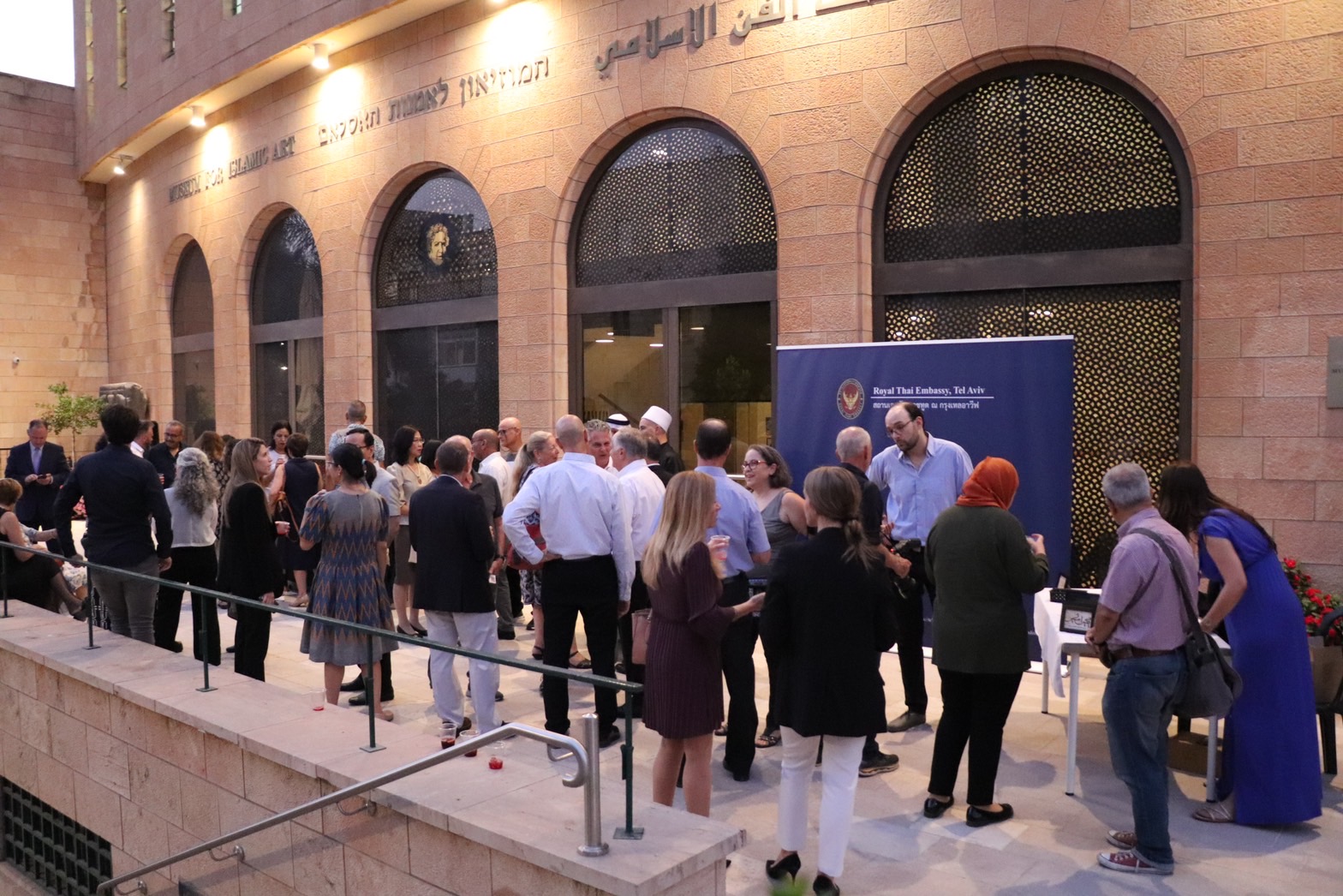Asian migrants, Hamas’s forgotten hostages
More than half of the 220 hostages held in Gaza are foreign nationals from 25 different nations. At least a quarter are workers: 54 Thais, five Nepalis, two Filipinos, one Chinese, and one Sri Lankan. Thailand sends a team of negotiators to secure the hostages’ release. Fearing the war, many migrants are leaving Israel.
Bangkok (AsiaNews) – One of the major factors that might shape the war between Israel and Hamas is the issue of the hostages seized on 7 October.
As a result of negotiations for their release in Qatar, Israel has put on hold its ground operation so as not to endanger their lives.
The Israeli government is not the only player. According to the latest information, more than half of the 220 prisoners held by Islamic extremist movement come from 25 other countries other than Israel.
Excluding dual nationals, about a quarter of the hostages are migrant workers, employed in agriculture or as caregivers in the kibbutzim attacked by terrorists.
In Thailand, the Foreign Ministry is trying to determine whether 54 Thais are in Hamas’s hands, after Israel said on Wednesday that almost a quarter of the hostages were from Thailand.
The Southeast Asian country is one of the main sources of migrant workers in Israel with at least 30,000 employed largely in the agricultural sector.
Thai Foreign Minister Parnpree Bahiddha-Nukara sent a team of negotiators to secure their release.
Despite the fact that Thai hostages do not have double citizenship and are migrant workers, they ended up in the hands of the group that controls the Strip, "collateral" damage in this conflict, their fate poorly reported in world media and not a top priority for governments.
Thais are not alone; migrants come from other Asian countries: five from Nepal, two from the Philippines and one each from China and Sri Lanka. One couple is also from Tanzania.
At least 8,160 Thais living Israel have asked their government to help them return home.
Some Thai workers were employed on farms near the Gaza border when the attack took place.
Kamlue, who asked that his full name not be used, was one of them. He was on his way to harvest courgettes on a farm when the lorry he was riding on came under heavy fire.
"I was shot in my right leg, and I'm still recovering from the injury," said the 41-year-old, who returned to Thailand on a repatriation flight organised by the Thai government.
What is certain is that the killing and kidnapping of migrants have set off more than one alarm bell among Israel’s approximately 110,000 foreign workers, prompting thousands of them to leave.
(Photo from the website of the Thai Embassy in Israel)
15/01/2024 19:24
12/12/2023 13:56
17/05/2024 15:12







.png)










